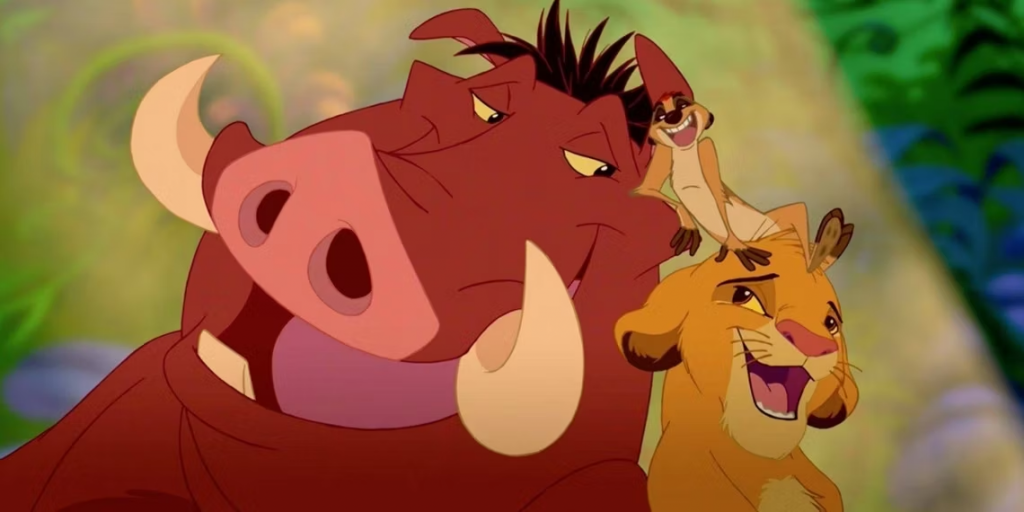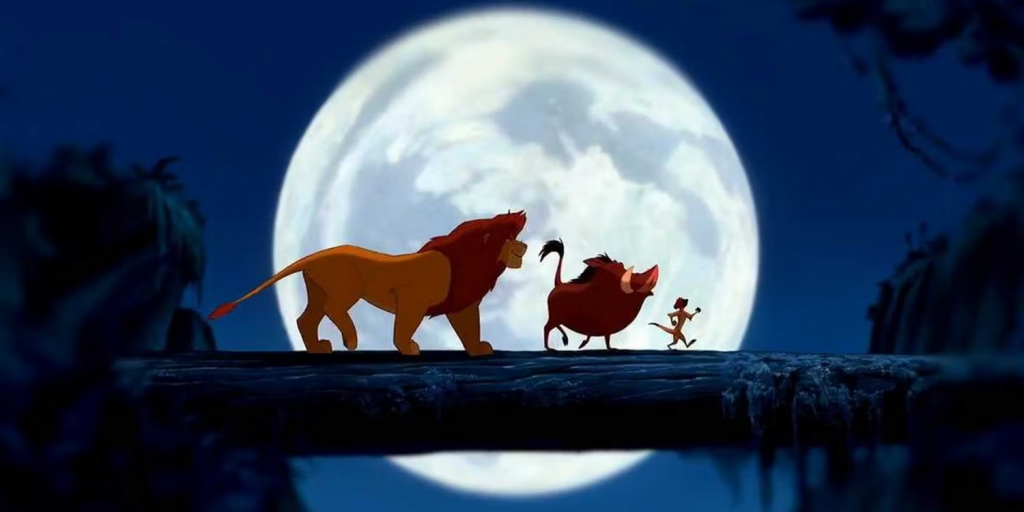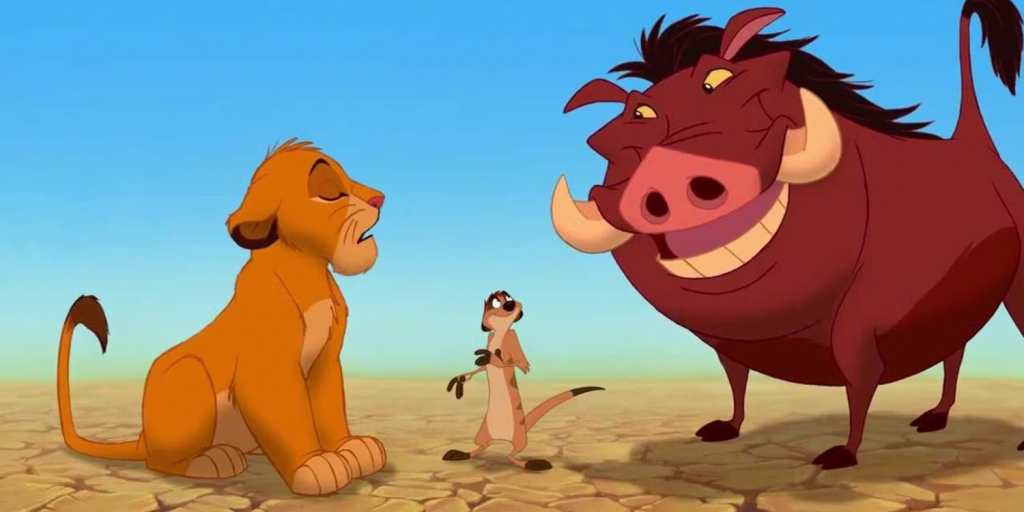
“Hakuna Matata,” both a catchphrase and a beloved song from Disney’s classic film, The Lion King, is undoubtedly one of the most iconic elements of the movie. However, delving deeper into its meaning and cultural significance reveals a rich tapestry of influences and implications.
The Lion King itself is an animated masterpiece that draws inspiration from Shakespeare’s Hamlet, set in the enchanting world of the animal kingdom. The narrative revolves around Simba, a young lion cub who flees into the jungle after his evil uncle, Scar, orchestrates the murder of his father, Mufasa, in a bid to usurp the throne as the king of the Pride Lands. Later in the story, guided by the wisdom of his father, who speaks from beyond the grave, Simba returns to confront Scar and claim his rightful place as the king.
The Lion King is a testament to the Disney Renaissance era, celebrated for its unforgettable music composed by Elton John and its timeless lines of dialogue that fans still quote with enthusiasm. “Hakuna Matata” is a remarkable example of this, as it not only stands out as a memorable quote from the film but also serves as the title of a legendary musical number. This phrase is imparted to Simba by the carefree outcasts, Timon and Pumbaa, who become his companions during his years in the jungle. But what exactly does “Hakuna Matata” mean?

In its original Swahili context, “Hakuna Matata” translates to “no trouble” or “take it easy.” It’s a simple, yet profound expression, with “hakuna” meaning “there is no/there are no” and “matata” signifying “worries.” Therefore, the literal interpretation is “there is no worries.” The lyrics of The Lion King’s “Hakuna Matata” song playfully extend the meaning of the phrase: “It means no worries, for the rest of your days…” Timon and Pumbaa aptly refer to it as their “problem-free philosophy,” encapsulating the essence of the original Swahili phrase.
What’s fascinating is how The Lion King’s incorporation of “hakuna matata” brought this Swahili phrase unexpected international recognition. Disney’s decision to feature it prominently in the film, coupled with its transformation into a catchy and heartwarming song, propelled the phrase to stardom in the Western world. In the movie, Timon and Pumbaa use “hakuna matata” and the accompanying song to teach Simba to let go of his troubled past and embrace the present moment.
The song was composed by Elton John, while the lyrics were penned by Tim Rice, who came across the phrase in a Swahili phrasebook. Its infectious melody and lyrics have made it a recurring theme at Disney resorts, hotels, and theme parks, reinforcing its association with Disney’s family-friendly brand. However, Disney’s attempt to trademark the phrase sparked controversy, with many accusing the company of cultural appropriation.

Despite the controversy, “Hakuna Matata” made a significant impact in the world of music and cinema. It received a nomination for Best Original Song at the 1995 Academy Awards and secured the 99th spot on the American Film Institute’s list of the 100 greatest songs ever featured in movies. The Lion King’s enduring popularity has transformed “hakuna matata” into a universal cultural staple, symbolizing a carefree and joyful outlook on life that resonates with people of all ages and backgrounds.
We bring out some of the most well-known Disney collection, all of which are available at reasonable costs. Visit our link now if you are interested in the Disney collection


Perdita, Cruella de Vil, Roger Radcliffe, Dodger, Oliver
